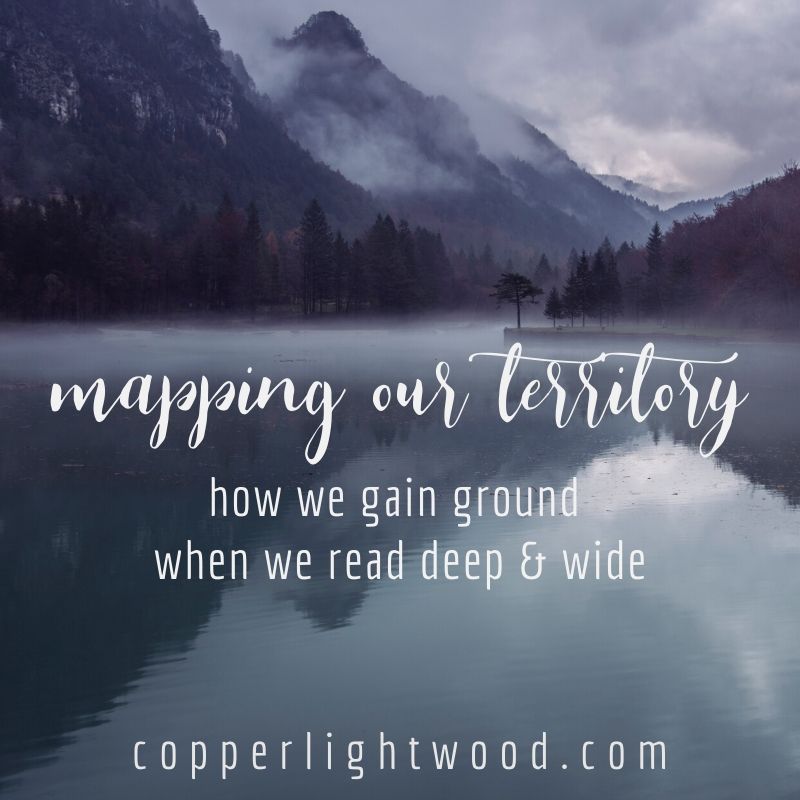Folks, it’s been quite the process, but a monumental event has occurred at our house:
We have mastered the art of making hash browns. You may applaud if you’d like.
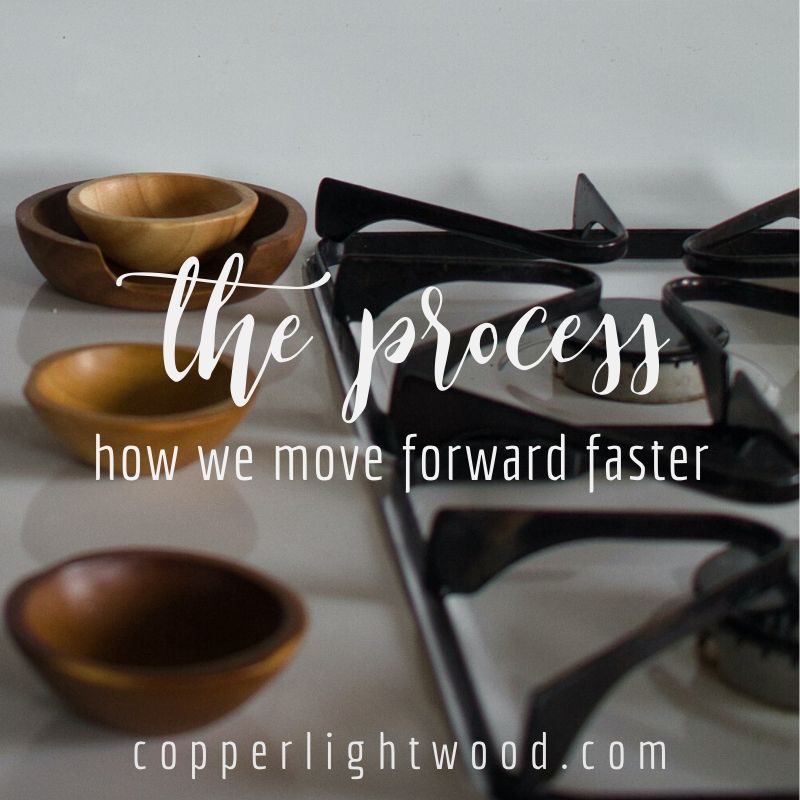
After many years of trial and error, I thought I already had hash browns figured out. But thanks to Gordon Ramsey, we have now seen the light – and even better, Vince and Afton have seen the light, and they can make them for me.
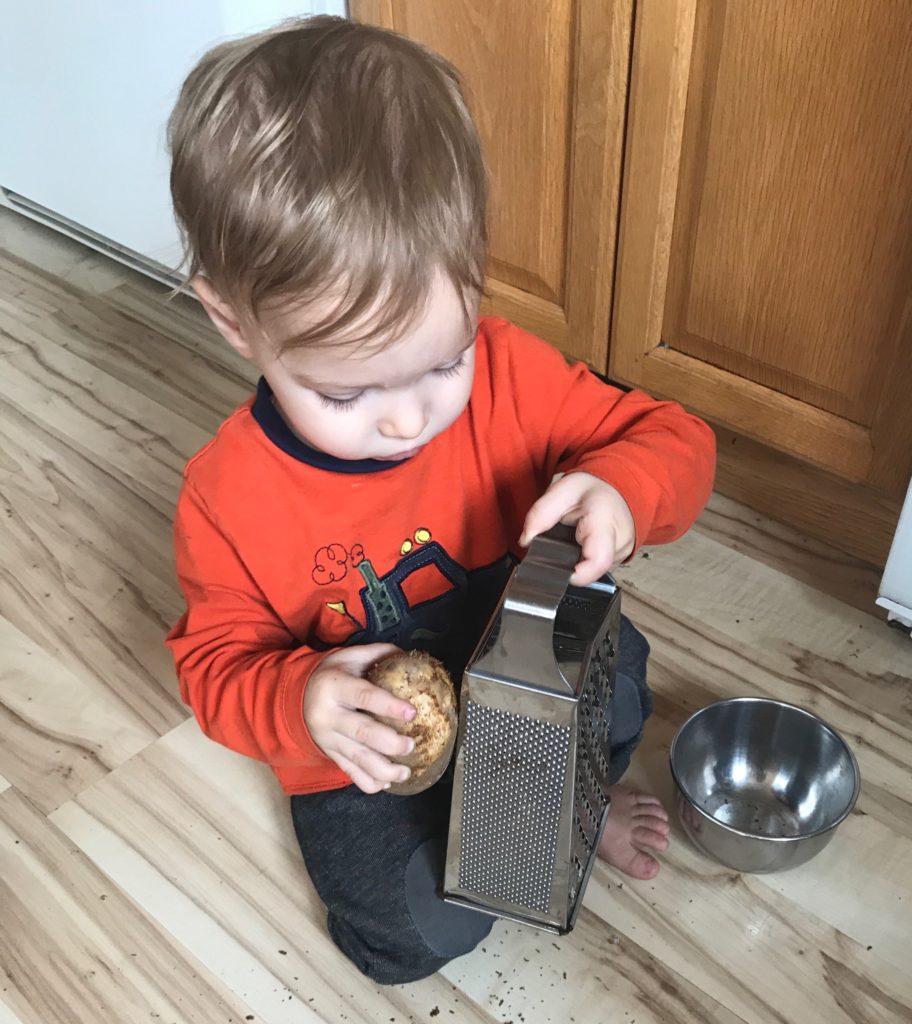
(Kav is still in training.)
And these hash browns are…how do I explain this? You know how excited an opera singer sounds in the middle of those high notes? It’s like that. It’s like fanfare and fireworks.
What made the experience even better was that I had my favorite fork. If you don’t own a favorite fork, I’m sorry; you’re missing the joy of having a collection that can only be curated from thrift store shopping. It’s been years in the making.
This fork is special because it’s light, the tines are the perfect width, and most important, the edges of the handle aren’t sharp. You’re probably thinking that most silverware handles aren’t sharp, but I have a painful skin condition that notices those things. So having a favorite fork isn’t weird; it’s practical.
Vince, however, has named the fork.
He calls it Penelope. And that is weird.
The skin condition, along with the lack of sleep and other health issues are slowly getting better, but they, too, are a work in progress. I wish it was instant. I hate that it’s not. But most things aren’t instant; almost everything worth doing requires a process.
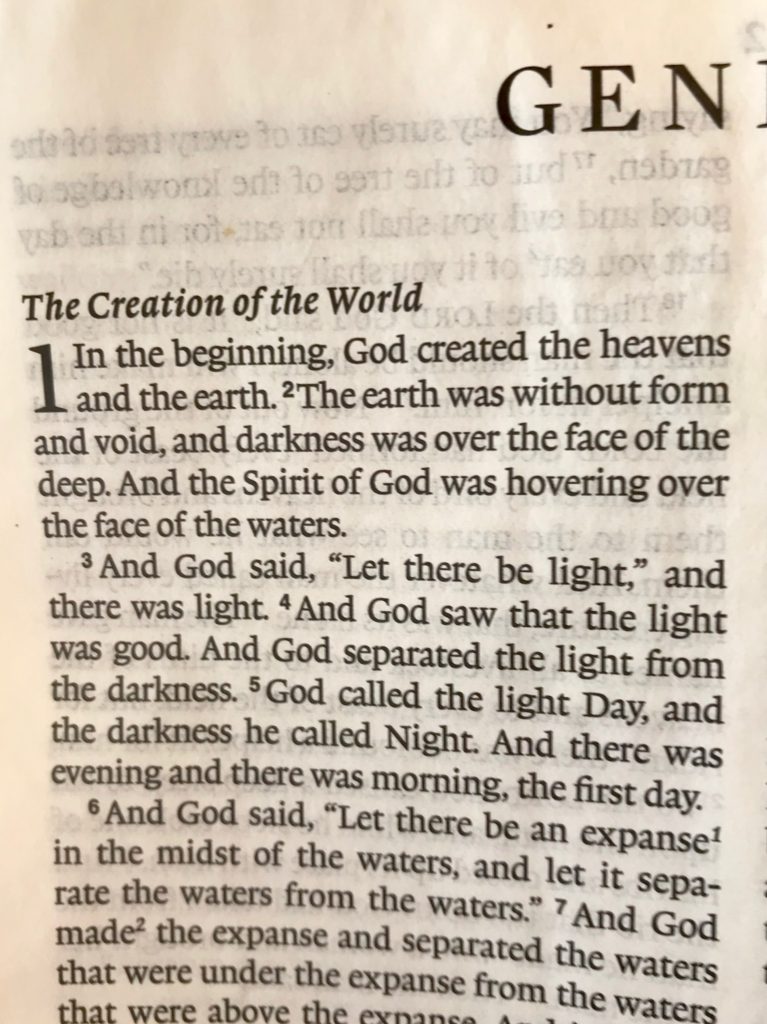
Right from the get go, in the beginning, God created. The world was formless and void, dark, and God hovered. It, too, required a series of actions to achieve the final result. The God who made us to create, who made us like Him, designed us to require process.
But we want the finished work now.
Behold, I send an angel before you to guard you on the way and bring you to the place that I have prepared.
– Exodus 22:20
There’s this amazing part in Exodus (and later in Deuteronomy) when the Lord calls the Israelites to possess the land. He says He’ll help them, but He won’t do it in one year “lest the land become desolate and the wild beasts multiply against you.”
And I will send hornets before you, which shall drive out the Hivites, the Canaanites, and the Hittites from before you. I will not drive them out from before you in one year, lest the land become desolate and the wild beasts multiply against you. Little by little I will drive them out from before you, until you have increased and possess the land.
– Exodus 23:28-30
It fascinates me. The Lord told them to do something — He wanted them to do it, knew they couldn’t do it without Him – but then He promised that His help would only come little by little.
So annoying.
But He wanted them to grow. He knew they weren’t ready to possess the land fully yet.
He was teaching them that it was a process.
And maybe, like me, you are looking at things that seem to be taking way too long to come to completion. And like me, you need to hear that He is at work, both in clearing the land ahead of us, and also in clearing the land within us.
Or maybe, also like me, you are navigating situations that seem like a distraction from the work you ought to be doing.
A crisis comes up and it stalls progress – you can’t move forward and clear the land because now you’ve got to deal with this new situation, and it puts the real work on the back burner. We try to heal in one area but something just keeps knocking into it, constantly bruising it or tearing the wound open.
How can we move forward when we’ve got this new situation to deal with? How are we ever going to get this work done if it keeps getting pushed to the back burner?
And He says, I work on the back burner, too, Love.
I’m not limited to one location like you are.
While you think you are stalled, I am doing other work that must be done, that wouldn’t otherwise be done, if you were moving forward according to the ease of your own plans.
The distraction and the crisis are also productive. Deep work is being done so you can move forward faster when the time comes.
And I really want to move forward faster when the time comes. Sometimes I just want the time to come now. And there’s no shame in that, as long as we remember that His time will be the perfect time.
He has things to teach us in the mean time so the finished product will be so much better, the way it’s meant to be. For example, can you really have a great hash brown experience without accompanying it with jalepeno-chive aioli? I don’t think so.
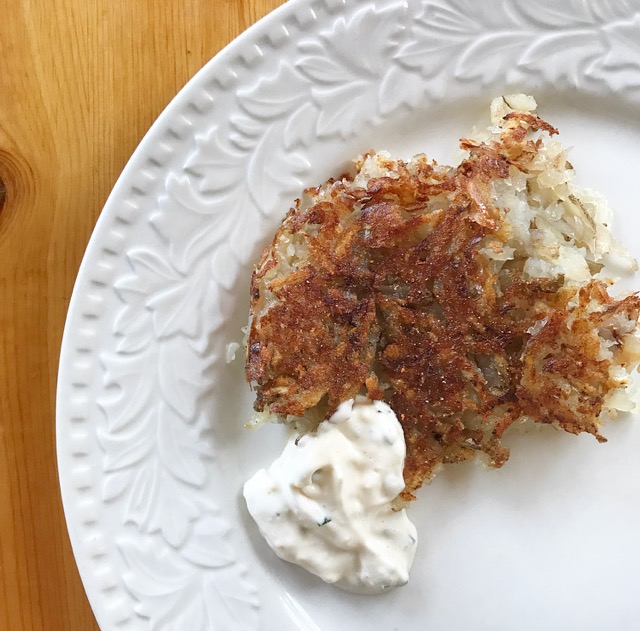
Obedience to His process is the way forward. That doesn’t mean we have to sit back and take everything the enemy throws at us; it means we can stand in authority and identity in prayer, and we know that God is moving in spite of what things look like.
We keep our eyes on what He’s doing, and what He’s told us to do, and trust Him with the rest. Sometimes that looks like being still, which seems like no movement, no progress at all – just waiting, dealing with the new thing in front of us, no matter how annoyed we are that it showed up and interrupted our momentum.
He has a different momentum, and it is never interrupted. Yielded, we are always moving forward, regardless of how many things are on the back burner.
He’s doing the work in both places as we trust Him for the perfect timing. Sometimes it’s only a minute away, and we have no idea it’s that close.
It will be a monumental event, like fanfare and fireworks.
______
*This is an excerpt from Work That God Sees, available here.

